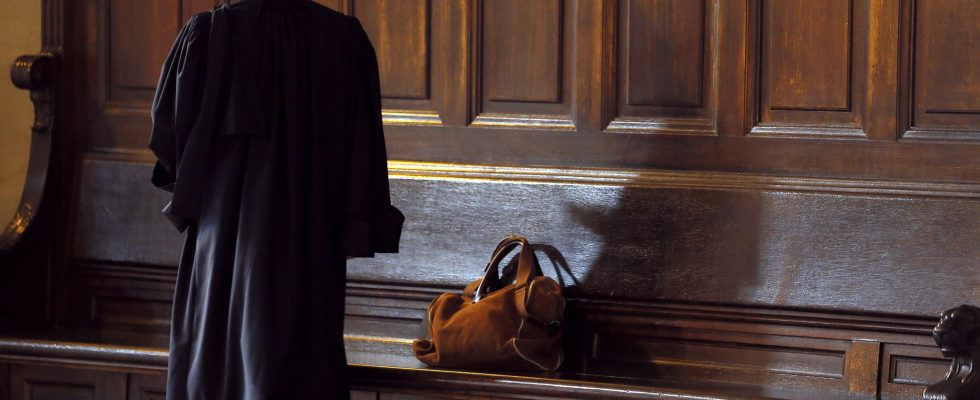On paper, everything seemed perfect: case law involving airlines, cases very close to injured passengers. Except… it was all made up by ChatGPT. At the beginning of June, the misadventure of this American lawyer fooled by the OpenAI conversational robot went around the world in less time than it takes to tell it. In firms in New York, Paris, London or Berlin, it appeared as the textbook case of what generative AI can produce the worst in the world of law. For the past few months, the fantasy machine has been working at full speed among lawyers, jurists and other practitioners, between fear of being replaced by an ultra-efficient tool and fear of making mistakes that jeopardize their reputation. It is true that their professions are particularly porous to the emergence of these new technologies, with their ability to process, synthesize and format data at a speed far superior to that of the human brain. The subject is considered important enough for the Paris Bar to devote the next edition of its Paris Legal Makers to it, on November 23.
Several tasks are already – and will be even more so in the future – modified by the emergence of these tools. First among them, the activities of researching documentation, classifying case law, researching situations equivalent to a file to be processed. “Where yesterday, we employed documentalists, trainee or beginner lawyers, there are now offers of reliable tools”, notes Alain Bensoussan, eponymous founder of the firm specializing in new technologies. But ChatGPT goes further: it is able to produce summaries from documentation, to indicate the questions to be asked in a given situation or the keys to analyzing a text. He can also write the framework of a contract or conclusions to submit to a judge. These are all developments with serious consequences for employment. “All these repetitive tasks can represent up to an hour per day and per person”, assesses Alain Bensoussan.
The tool has also learned to do predictive justice, by evaluating the risks of such and such a strategy, the chances of success of such and such an option. But it remains imperfect: “If it can serve as a primer for reasoning, it is only complementary to what the lawyer knows. To rely on it is to take a risk”, warns Jean-Gabriel Ganascia, professor of computer science at the Sorbonne. Because more than the disappearance of the profession, the main risk lies in too much confidence placed in the tool. The fine analysis of a reasoning, the verification of the references used, the development of strategies can only be the prerogative of lawyers. And even if the databases are reliable, their compilation and the resulting synthesis can be a source of error.
The challenge is there, to a very large extent, today. With two questions that intertwine and, sometimes, contradict each other. Because to be effective, databases need to be fed as much as possible. But who guarantees that personal data is not identifiable therein for lack of sufficient anonymization? How to make sure that the way in which they were fed does not induce biases which will weigh on the final work and will not produce “hallucinations” like the one of which the American lawyer was the victim? “ChatGPT is programmed to give an answer. True or false, but an answer. It can therefore go so far as to lie to provide a result”, notes Sophie Ferry, president of the Commission foresight and innovation of the National Bar Council.
To guard against these risks, legal professionals are beginning to train their staff in the use of these tools. Including what may seem like a detail, such as the wording of requests. Two people working on the same file will not get the same answer if they ask their question differently. Lawyers are aware that this will be the only way to satisfy tomorrow’s clients who, having the impression of ease, will ask them for productivity gains – or price reductions – while worrying about respecting their business secrets.
But lawyers and jurists should find consolation in the additional files generated by artificial intelligence in all its forms. The European Union, the United States, China and many others are preparing legislative frameworks to which we will have to adapt and which will ultimately be sources of disputes and disputes, and therefore of business. Unless by then, ChatGPT and its competitors have progressed enough to argue against themselves…
